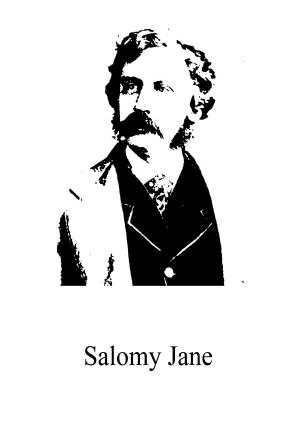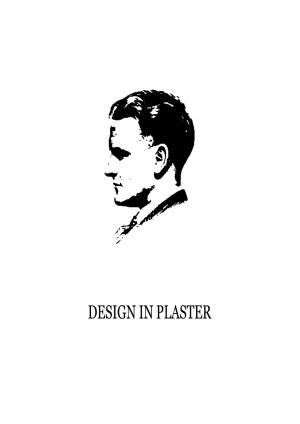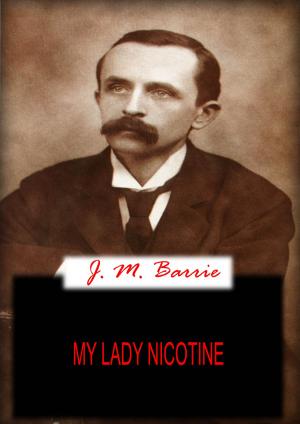| Author: | James Anthony Froude | ISBN: | 1230000034807 |
| Publisher: | Zhingoora Books | Publication: | December 1, 2012 |
| Imprint: | Language: | English |
| Author: | James Anthony Froude |
| ISBN: | 1230000034807 |
| Publisher: | Zhingoora Books |
| Publication: | December 1, 2012 |
| Imprint: | |
| Language: | English |
Christmas Summary Classics
This series contains summary of Classic books such as Emma, Arne, Arabian Nights, Pride and prejudice, Tower of London, Wealth of Nations etc. Each book is specially crafted after reading complete book in less than 30 pages. One who wants to get joy of book reading especially in very less time can go for it.
JAMES ANTHONY FROUDE
History of England
James Anthony Froude was born at Darlington, England, April 23, 1818, and died on Oct. 20, 1894. He was educated at Westminster, and Oriel College, Oxford. Taking Holy Orders, he was, for a time, deeply influenced by Newman and the Tractarian movement, but soon underwent the radical revolution of thought revealed by his first treatise, the "Nemesis of Faith," which appeared in 1849, and created a sensation. Its tendency to skepticism cost him his fellowship, but its profound pathos, its accent of tenderness, and its fervour excited wide admiration. Permanent fame was secured by the appearance, in 1856, of the first two instalments of his magnificent work, "The History of England, from the Fall of Wolsey to the Defeat of the Armada," the last volume appearing in 1870. This treatise on the middle Tudor period is one of the most fascinating historical treatises in the whole range of literature. It is written in a vivid and graphic prose, and with rare command of the art of picturesque description. Froude never accepted the doctrine that history should be treated as a science; rather he claimed that the historian should concern himself with the dramatic aspect of the period about which he writes. The student may disagree with many of Froude's points of view and portraitures, yet his men and women breathe with the life he endows them, and their motives are actuated by the forces he sets in motion. Of his voluminous works perhaps the most notable, with the exception of the "History," are his "History of Ireland in the Eighteenth Century," 1871-74, and his "Short Studies on Great Subjects," the latter aptly exhibiting Froude's gifts of masterful prose and glittering paradox.
Christmas Summary Classics
This series contains summary of Classic books such as Emma, Arne, Arabian Nights, Pride and prejudice, Tower of London, Wealth of Nations etc. Each book is specially crafted after reading complete book in less than 30 pages. One who wants to get joy of book reading especially in very less time can go for it.
JAMES ANTHONY FROUDE
History of England
James Anthony Froude was born at Darlington, England, April 23, 1818, and died on Oct. 20, 1894. He was educated at Westminster, and Oriel College, Oxford. Taking Holy Orders, he was, for a time, deeply influenced by Newman and the Tractarian movement, but soon underwent the radical revolution of thought revealed by his first treatise, the "Nemesis of Faith," which appeared in 1849, and created a sensation. Its tendency to skepticism cost him his fellowship, but its profound pathos, its accent of tenderness, and its fervour excited wide admiration. Permanent fame was secured by the appearance, in 1856, of the first two instalments of his magnificent work, "The History of England, from the Fall of Wolsey to the Defeat of the Armada," the last volume appearing in 1870. This treatise on the middle Tudor period is one of the most fascinating historical treatises in the whole range of literature. It is written in a vivid and graphic prose, and with rare command of the art of picturesque description. Froude never accepted the doctrine that history should be treated as a science; rather he claimed that the historian should concern himself with the dramatic aspect of the period about which he writes. The student may disagree with many of Froude's points of view and portraitures, yet his men and women breathe with the life he endows them, and their motives are actuated by the forces he sets in motion. Of his voluminous works perhaps the most notable, with the exception of the "History," are his "History of Ireland in the Eighteenth Century," 1871-74, and his "Short Studies on Great Subjects," the latter aptly exhibiting Froude's gifts of masterful prose and glittering paradox.
![Cover of the book History of England [Christmas Summary Classics] by James Anthony Froude, Zhingoora Books](https://www.kuoky.com/images/2012/december/500x500/1230000034807-zZzr_500x.jpg)
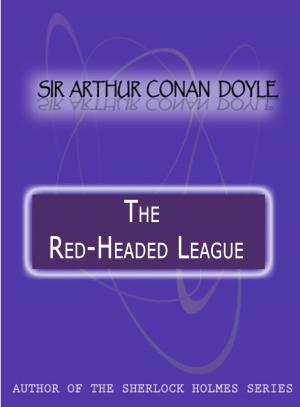
![Cover of the book Hypnotism: Its History, Practice and Theory [Christmas Summary Classics] by James Anthony Froude](https://www.kuoky.com/images/2012/december/300x300/1230000036262-zvyd_300x.jpg)

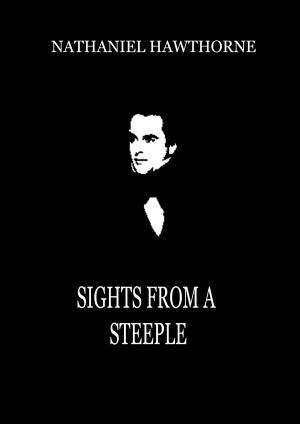
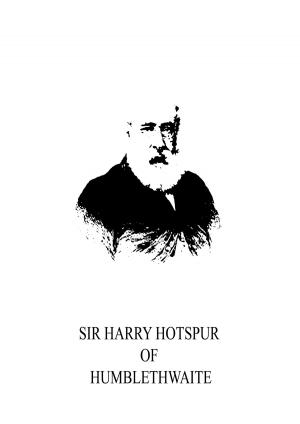
![Cover of the book The Romany Rye [Christmas Summary Classics] by James Anthony Froude](https://www.kuoky.com/images/2012/december/300x300/1230000036594-tHQC_300x.jpg)
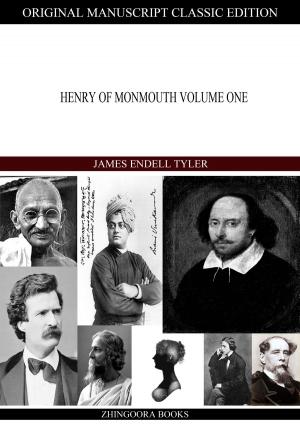
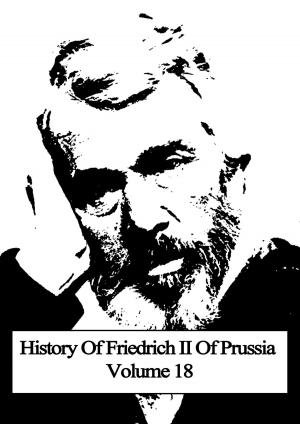
![Cover of the book Life and Adventures of Don Quixote [Christmas Summary Classics] by James Anthony Froude](https://www.kuoky.com/images/2012/december/300x300/1230000036544-ZDOn_300x.jpg)
![Cover of the book A Reversible Santa Claus [Christmas Summary Classics] by James Anthony Froude](https://www.kuoky.com/images/2012/october/300x300/1230000024160-dCW1_300x.jpg)

